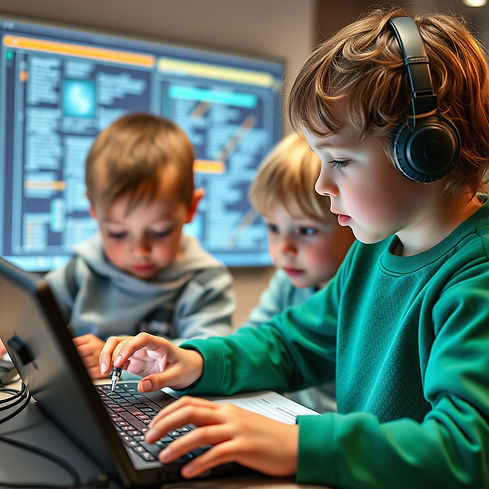
Irina Benedyk,
Assistant Professor
CSEE Department
University at Buffalo
Human-Technology Interaction & User Performance
This research area investigates the complex relationship between people and technology, with a focus on improving human performance, safety, and the overall user experience. My work examines the human factors involved in technology-rich systems, analyzing how new information and automation impact the human decision-making process, comfort, stress level, etc.

Research Humans
I utilize a mixed-methods approach, designing and conducting human-subject experiments (simulation, VR, naturalistic), large-scale surveys, and interviews to gather robust qualitative and quantitative data.
Collected data can include physiological responses measured by variable devices.
This data is then used to develop predictive models of human behavior and cognitive workload. The insights from this research are critical for designing safer and more intuitive human-machine interfaces, reducing the potential for human error, and ensuring the successful adoption of new technologies.
Learning and Training
Furthermore, my life goal is to apply principles of this research in the fields of learning and training in the era of AI-enabled tools. By understanding and modeling cognitive workload and decision-making, we can design more effective training simulations and educational software. This approach is particularly valuable for creating learning tools for individuals with special needs.
My research methods can be used to understand unique cognitive profiles and design adaptive, personalized learning technologies that cater to individual strengths and challenges, ultimately fostering more inclusive and effective educational experiences.

